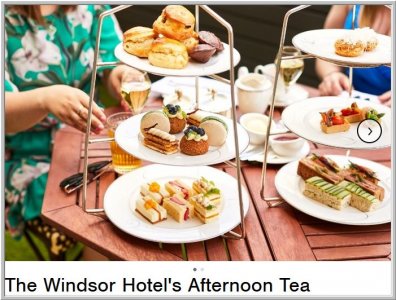British Meals….
Breakfast: This is also called brekkie by some but not common. Breakfast is usually the same everywhere though the contents of breakfast will vary hugely. Both Britain and Ireland are famous for their cooked breakfast.
Elevenses: This is known around the world as the morning coffee or tea break. The term comes from the industrial revolution in Britain which saw the rise of factories and mills throughout Britain which coincided with tea becoming the drink of the workers (formerly it had been gin and beer, so perhaps a good move). The Tea Break came into being when the benefits of drinking tea and the revitalizing of the workforce came to be known. Hence, the tea break was born as was the more familiar elevenses.
Lunch: A meal in the middle of the day.
School lunches in the mid 20th century were always called "School Dinners" and it is felt this is where the confusion came from. The traditional Sunday lunch (usually consisting of Roast Beef and Yorkshire Puddings) is also often called Sunday dinner or a Sunday Roast.
Afternoon tea: Traditionally eaten around three to four in the afternoon, and though popular since the 18th century, it went into decline after World War II. The popularity of this treat is now back, though more for holidays and weekends than a daily event.
Tea (when meaning dinner and not the drink): This is considered a mainly northern working-class term. When used in this context, it is eaten early evening and will often the main meal of the day on returning home from work.
Dinner: This is dinner and eaten from early to the late evening, used in the same way around the world.
Supper: Supper can also be an evening meal but when attached to an invitation changes slightly. An invitation to supper would mean the arrangement is more casual than an invitation to dinner, which is usually more formal. Supper is also considered a hot or cold snack before bedtime but again more a working-class term when the evening meal was served around 5 p.m. meaning by bedtime many would be a little peckish.
As one can see… in Britain we never stop eating



